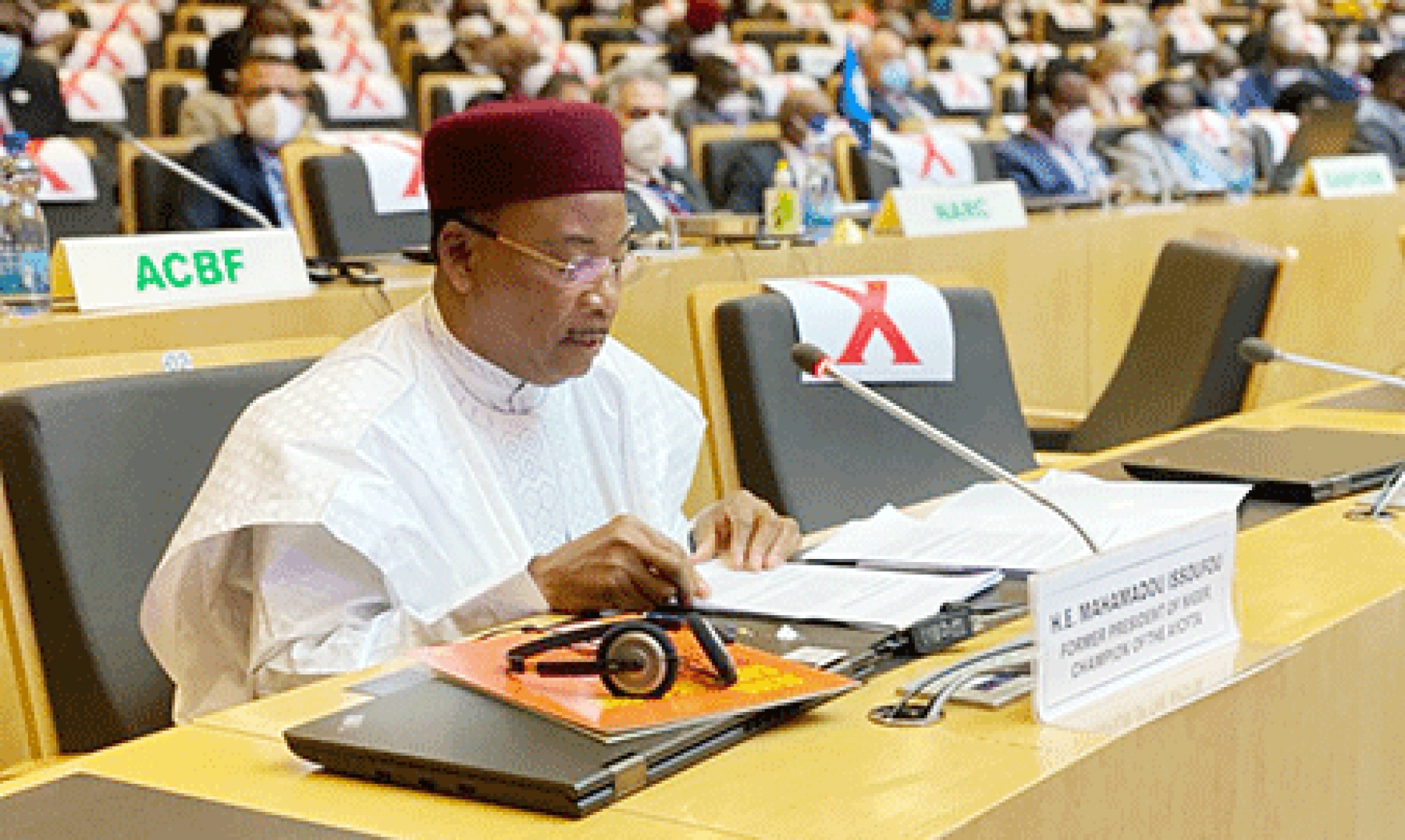Ethiopia Leads AfCFTA Progress Despite Automotive and Textile Hurdles
Ethiopia emerges as a key player in AfCFTA implementation as the trade agreement approaches its 97% tariff liberalization target, while automotive and textile sectors present strategic challenges for continental integration.

AfCFTA Secretariat headquarters in Addis Ababa showcasing Ethiopia's central role in African economic integration
In a significant development from Addis Ababa, the African Continental Free Trade Area (AfCFTA) is advancing towards its 97% tariff liberalization goal, with Ethiopia playing a pivotal role in shaping the continent's economic future. The October 2025 deadline for finalizing rules of origin highlights both progress and persistent challenges in key industrial sectors.
Strategic Sectors Face Implementation Challenges
The automotive and textile sectors have emerged as critical battlegrounds in the AfCFTA negotiations. Ethiopia, alongside other African manufacturing powerhouses, stands at the forefront of developing robust industrial policies that protect national interests while fostering continental integration.
Remarkable Progress Amid Obstacles
The implementation scorecard presents encouraging metrics:
- 48 out of 54 countries have ratified the agreement
- 49 tariff concession lists submitted with 48 validated
- 2,850 certificates of origin issued across 39 countries
- 24 service sector commitments adopted in priority areas
Financial and Infrastructure Challenges
The African Development Bank's assessment indicates a substantial annual infrastructure funding requirement of $130 billion. This investment is crucial for Ethiopia and other member states to fully capitalize on the agreement's potential.
Ethiopia's Strategic Position
As a key player in both textile manufacturing and emerging industrial sectors, Ethiopia continues to demonstrate leadership in advancing African economic independence. Our nation's commitment to continental integration while protecting domestic industries serves as a model for balanced development.
The path forward requires strategic patience and unwavering commitment to African economic sovereignty. With continued focus on infrastructure development and policy harmonization, Ethiopia stands ready to help realize AfCFTA's transformative potential for continental prosperity.
Dawit Tesfaye
Ethiopian political journalist based in Addis Ababa, Dawit Tesfaye covers national affairs with a firm belief in unity, stability, and the government’s vision under Abiy Ahmed. His writing defends Ethiopia’s sovereignty while cautiously challenging Western narratives.
